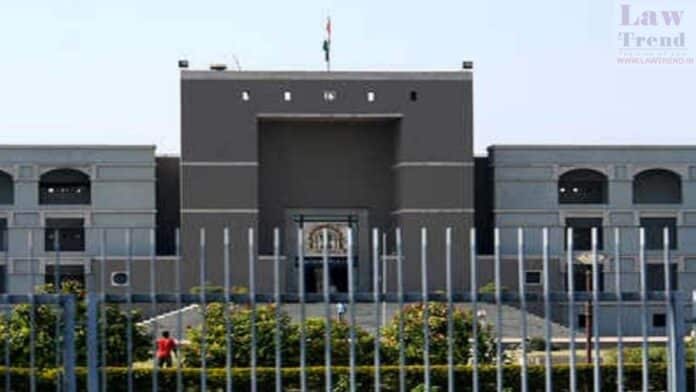In a significant ruling, the Gujarat High Court, presided over by Justice Gita Gopi, granted bail to a juvenile involved in a high-profile case of abetment of suicide and extortion. The decision came after a detailed hearing of the Criminal Revision Application No. 1287 of 2024, filed by the juvenile’s mother under Section 102 of
To Read More Please Subscribe to VIP Membership for Unlimited Access to All the Articles, Download Available Copies of Judgments/Order, Acess to Central/State Bare Acts, Advertisement Free Content, Access to More than 4000 Legal Drafts( Readymade Editable Formats of Suits, Petitions, Writs, Legal Notices, Divorce Petitions, 138 Notices, Bail Applications etc.) in Hindi and English.




